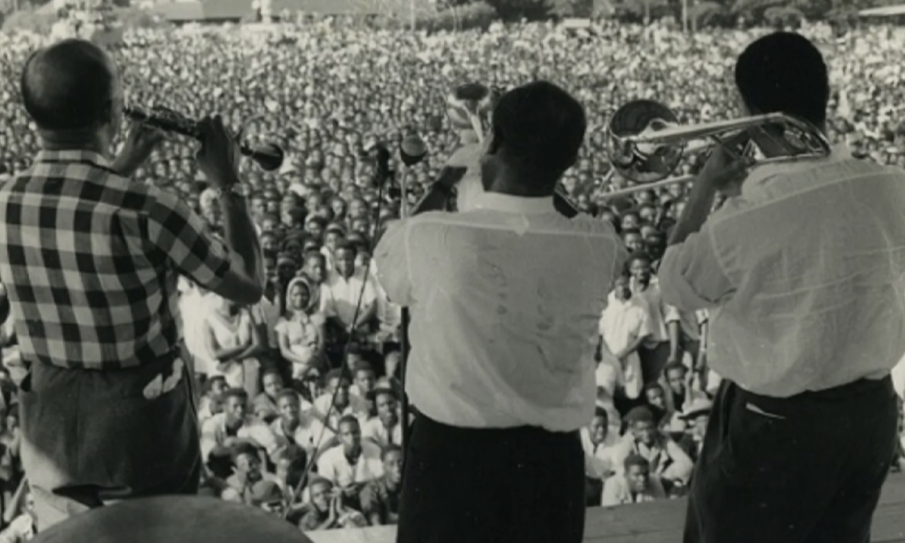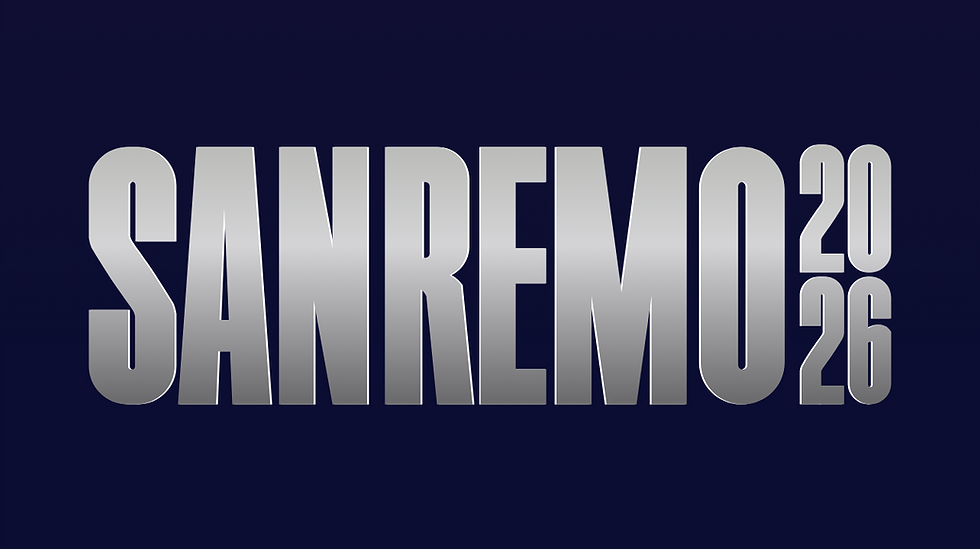Jazz ambassadors: USA’s secret weapon during the Cold War
- Alexandra Lloyd

- Sep 29, 2025
- 2 min read

As the Cold War raged on into the early 1950’s and tensions between eastern and western powers reached new heights, the US State Department brought out a new kind of soldier: the jazz musician. At first this decision seems strange, particularly so because only a few years before in Jim Crow America, the government worked hard to stop the spread of jazz music to the masses, confining the artists to segregated clubs.
However, as the music began to grow into mainstream populairty it became clear jazz was the perfect showcase of American culture. As a semi-improvised music form, formed around a set of commonly agreed upon boundaries, jazz seemed the perfect metahpor for democracy. The goal was clear: keep communism at bay by any means possible. As a result, the USA felt jazz was their secret weapon the USSR just couldn’t compete with.
The Jazz Ambassadors who helped America during the Cold War
Coined as ‘Jazz Ambassadors’, from the eyes of the State Department these musicians were just “one more front in the Cold War.” Proclaimed by the New York Times that “America’s secret weapon is a blue note in a minor key.”
In 1956 Dizzy Gillespie travelled over to the Balkans and the Middle East as Americas first Jazz Ambassador. Later, artists such as Dave Brubeck would soundtrack nuclear disarmament talks between Regan and Gorbachev. Overall, this act of cultural diplomacy worked in easing tensions, fostering goodwill and converting many eastern audience members into jazz fans.
However, the irony of this display by the US is undeniable. Jazz as a music genre has its roots in the African diaspora, when Africans were brought over to the USA as slaves. Throughout the 20th century, black individuals fought for rights and used their music to embrace their African roots, as well as their new American identity. It was clear the State Department had a dual purpose with their Jazz Ambassadors, not only to foster goodwill, but to combat tales of racial disparity within the US. By sending groups of black and white musicians abroad to play together, the US was able to fabricate an image of racial harmony, even if the reality at home was anything but.
The Jazz Ambassadors were aware of this irony and the general sentiment seemed to be that they hoped after working alongside the State Department they would help makes moves towards equality within the Civil Rights movement. However, this would not be the case, with Louis Armstroing cancelling his tour in 1957, after Eisenhower refused to send troops into Little Rock to ensure the safety of nine black students attempting to enroll in a local High School.
Going forwards, Armstrong and Brubeck set out to tackle the ironies underscored in the Jazz Ambassadors Programme, creating a musical titled The Real Ambassadors. Overall, it appears while the Jazz Ambassadors did indeed help ease tensions between the USA and USSR, their own struggle was neglected, continuing on decades of fighting for civil rights.
Jazz was definitely a big part of the Cold War, a peaceful one: how cool would it be if conflicts could be resolved just through music?



